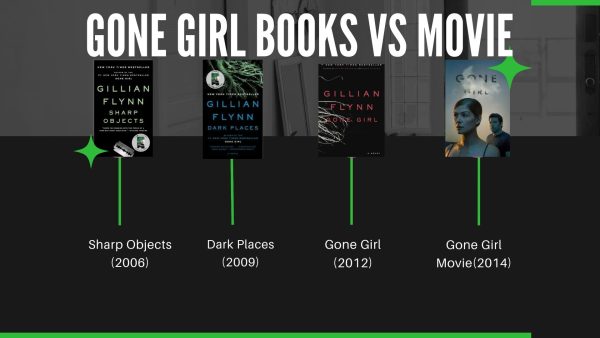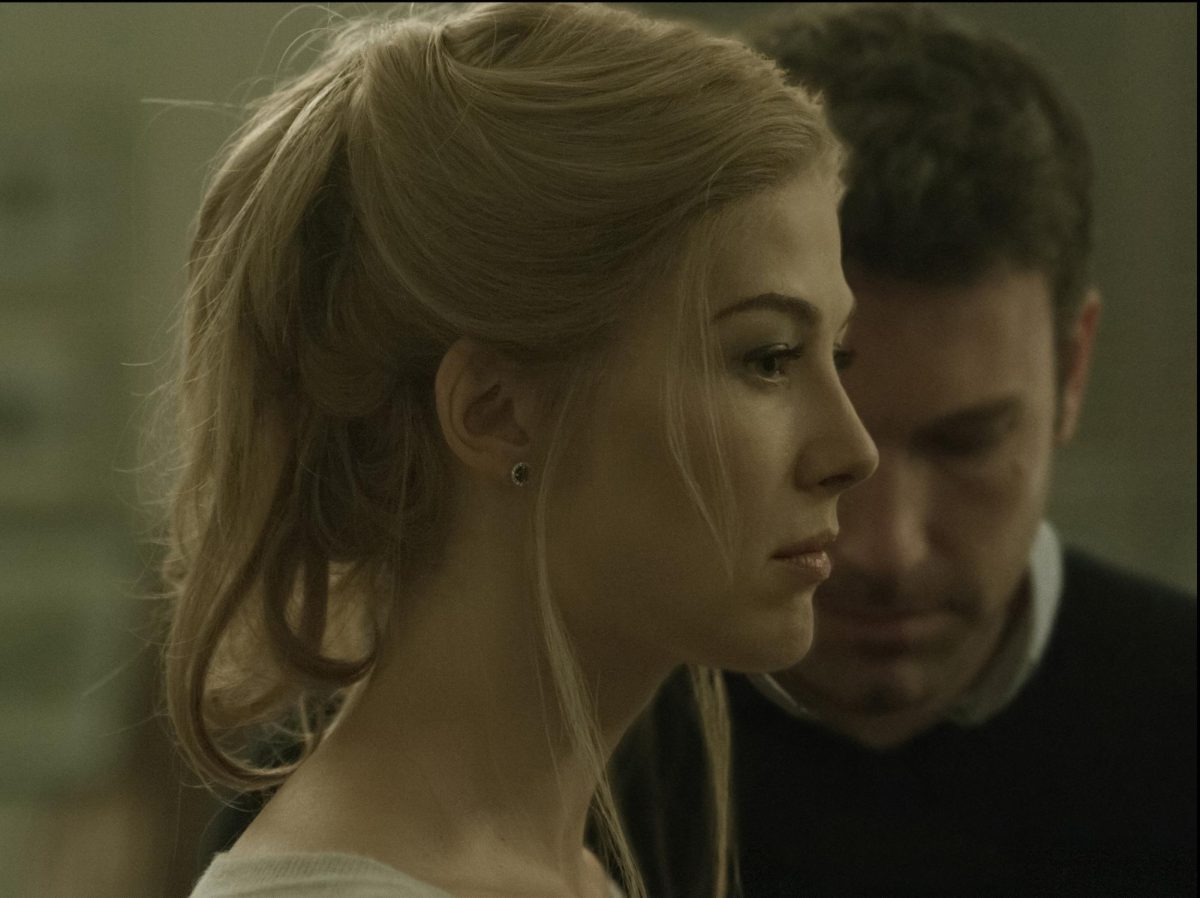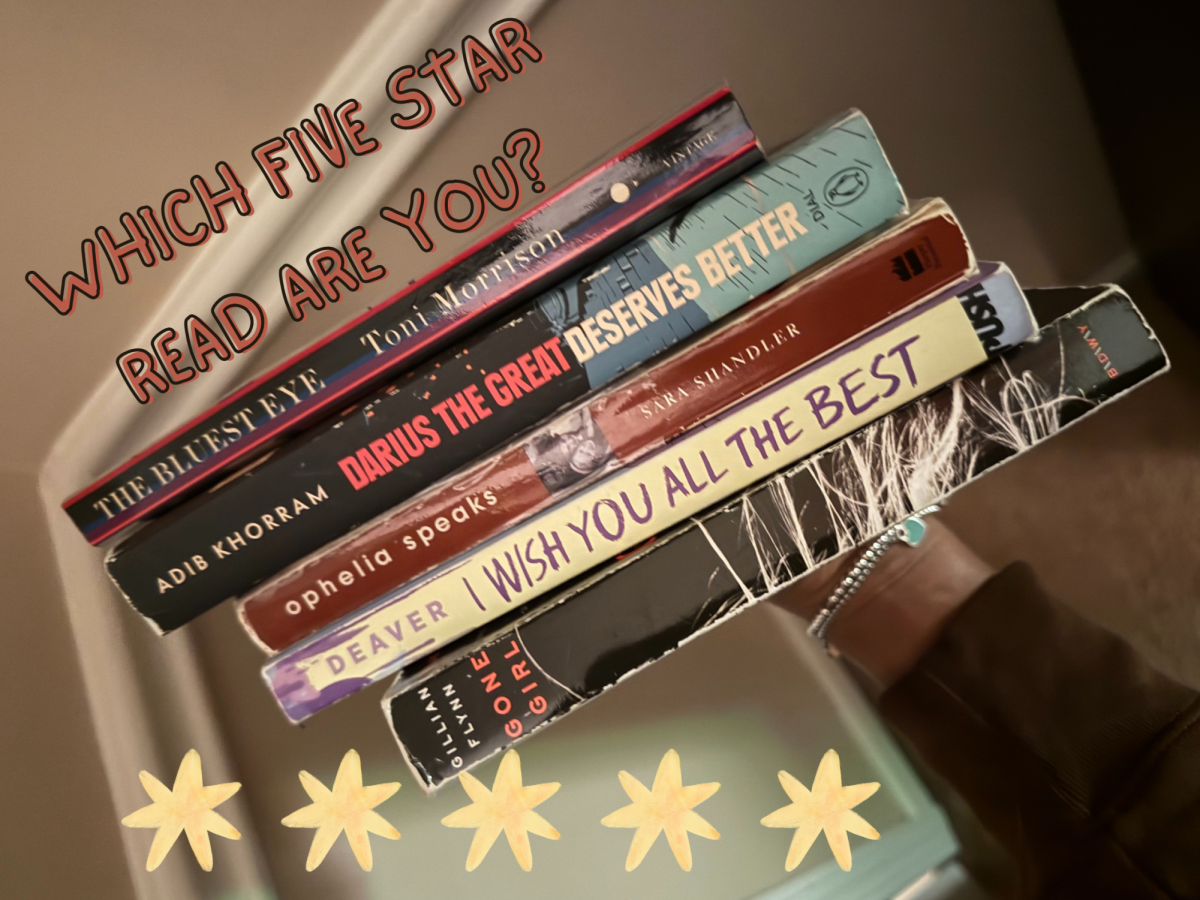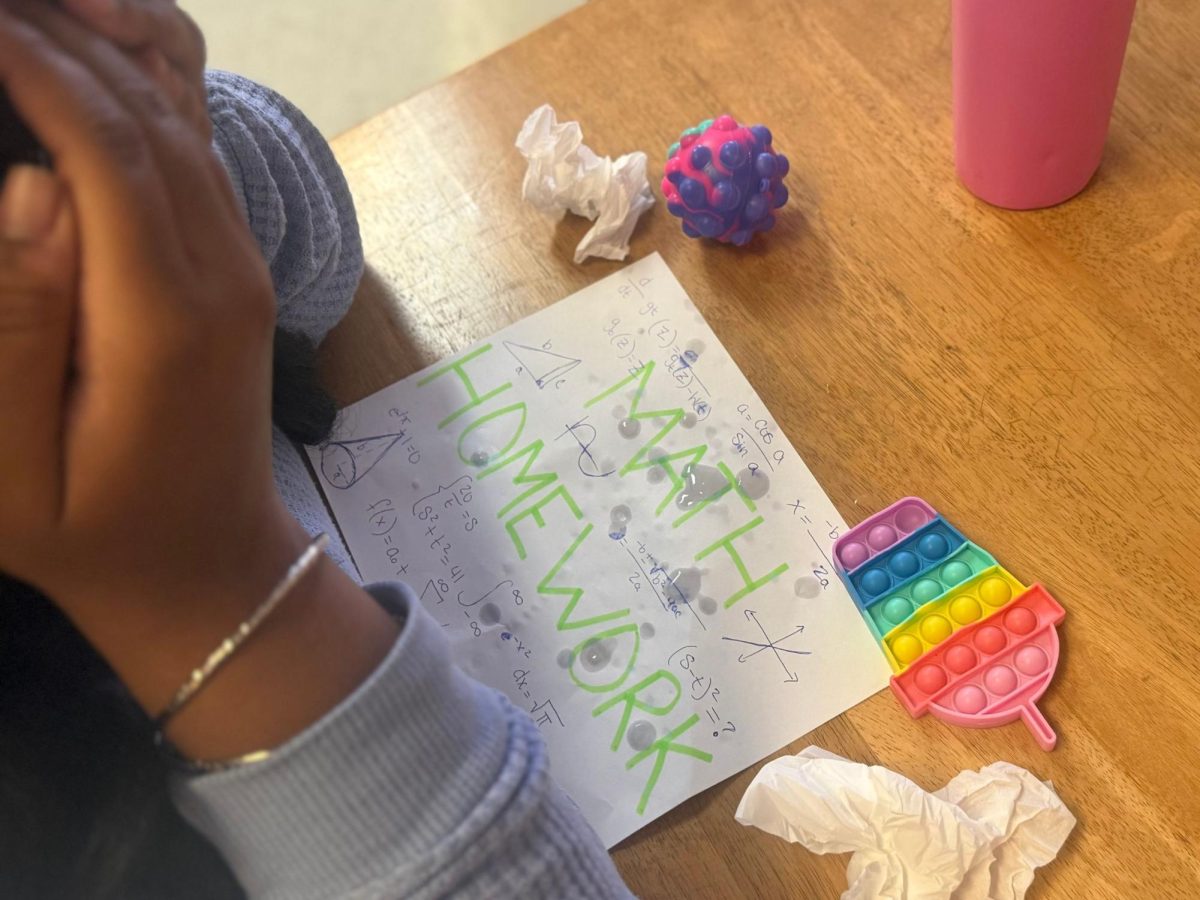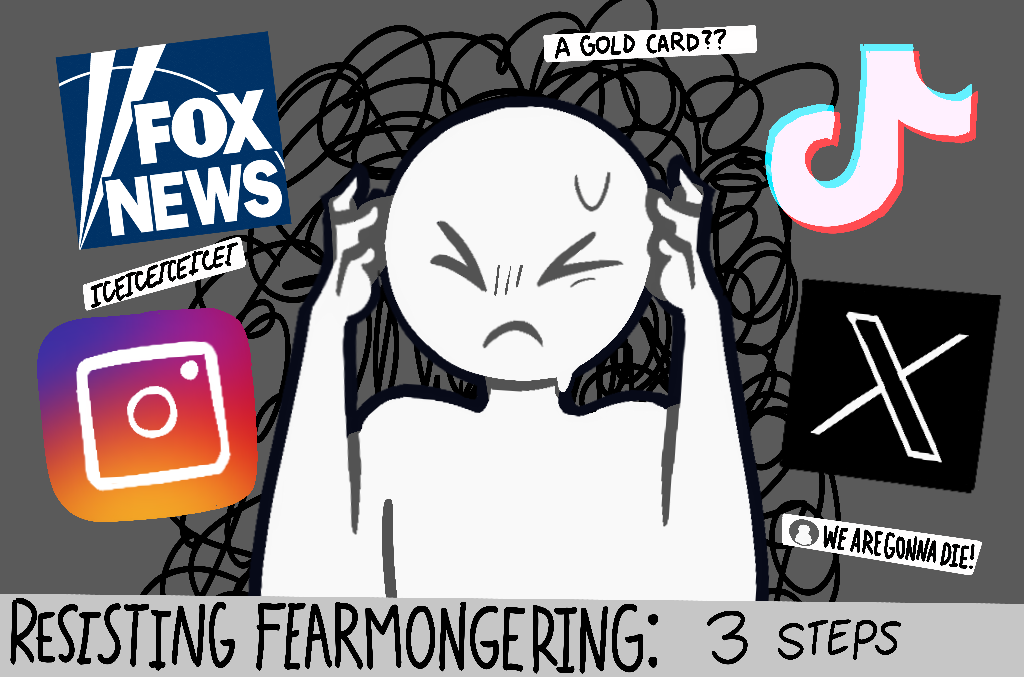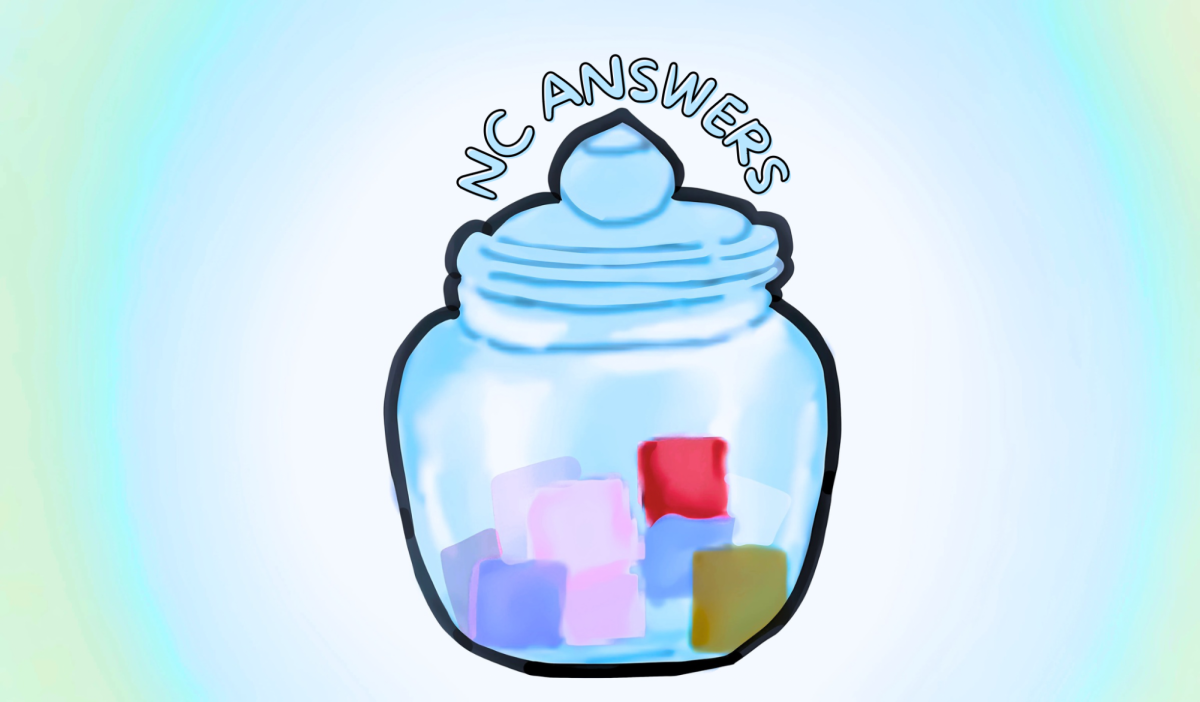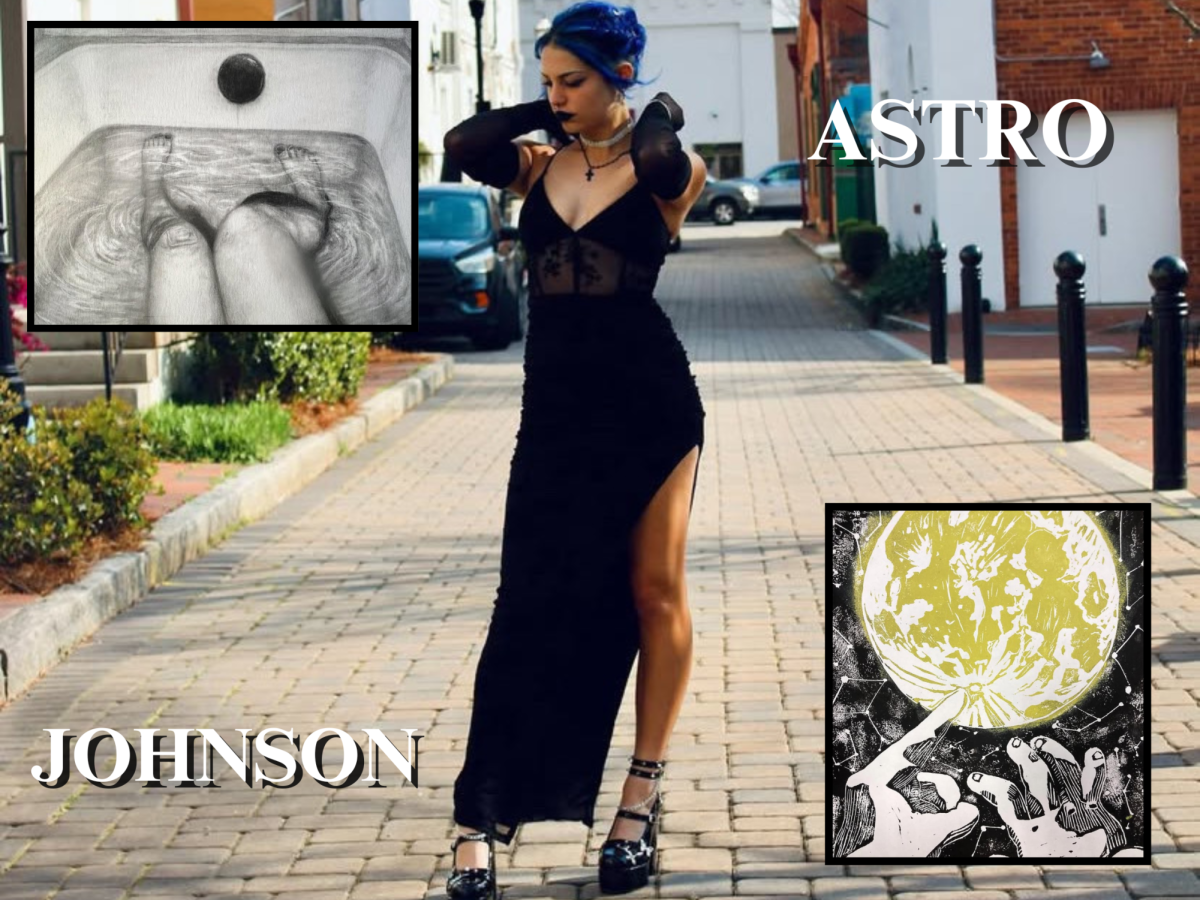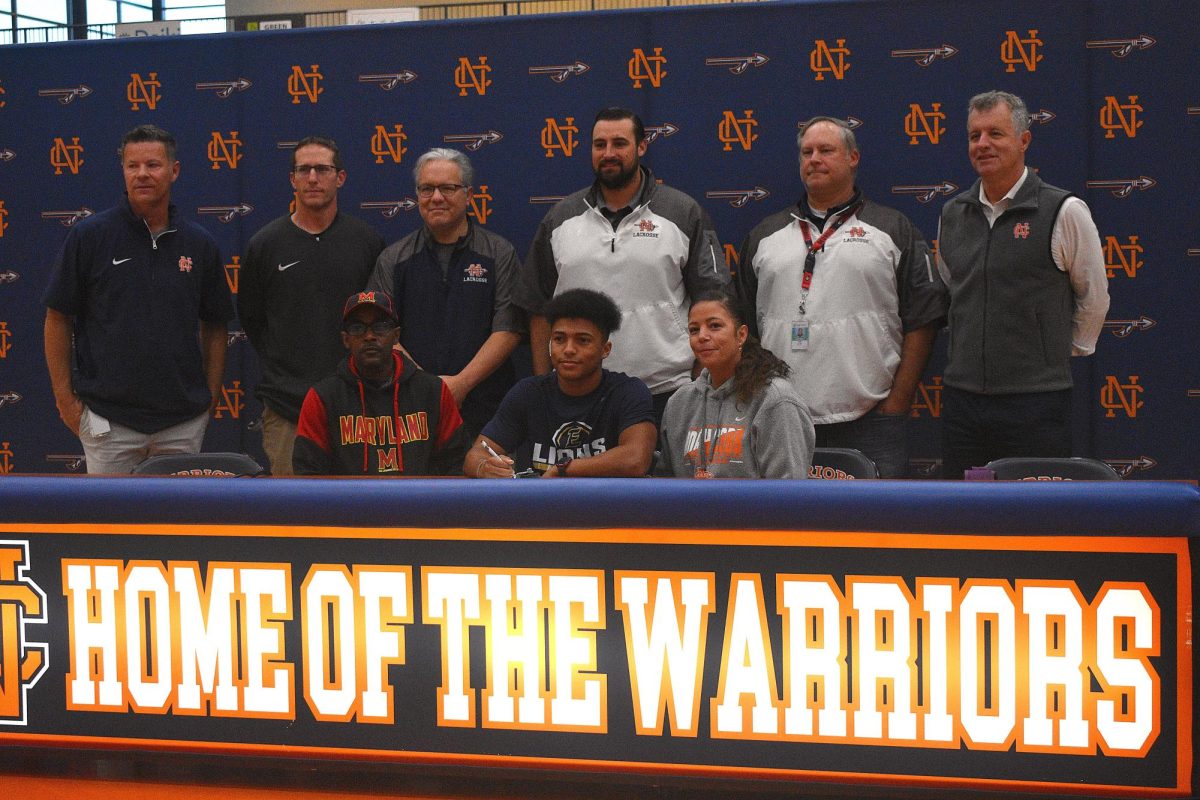“Gone Girl” by Gillian Flynn, an iconic novel, contains shocking twists and turns as it tells the story of a woman framing her husband for her murder. Released in 2012, the psychological thriller gained significant traction, inspiring a film adaptation two years later. The book received an original rating of 4.2 on Goodreads and an overwhelming number of four and five-star reviews. The film received a rating of 88% on Rotten Tomatoes, a similar rating to its original, though the film omitted crucial parts of the book.
“The book ‘Gone Girl’ was a very good book with many unpredictable plot twists and a very interesting storyline. The characters in this book were very complex and it was a book I couldn’t put down. I loved the suspenseful elements of this book which were built up with every chapter. I especially loved the way that the story switched perspectives between the main characters,” sophomore Albany Thomspon said.
In the novel, Amy Dunne creates a scavenger hunt for her husband, Nick Dunne, for every anniversary. The hunt contains a series of clues, each leading to the next until Mr. Dunne finds the final present. For the couple’s anniversary, Amy’s clues appear to lead to her rather than a present, since Nick assumes she disappeared. In the book, Nick returns to four locations. Amy led Nick to the first location to call him out for visiting with both his wife and the woman he saw behind her back. This important detail, accompanied by sweet notes, causes Nick to look guilty. The desperation to find Amy grows as he falls back in love with her. The cinematic interpretation misses the cute messages and the entire first setting. This lessens the intensity of emotions Nick feels and thins the plot since each of the locations and messages holds significant meaning.
Amy’s Hemophobia
As Amy plans her fake death, she comes up with a creative method of keeping the police and the public from suspecting her ploy. One of these strategies includes a fake fear of blood. Amy even passes out in a clinic while giving blood once; later her husband finds out about this “phobia,” ensuring that the police will publicize this information. The movie cuts this whole scheme out, losing an important plotline and profundity of the novel.
Through discussion on Bill Dunne, Nick’s father, the novel explores the depths of misogyny and abuse, as well as their effects on others when endured for extended periods. Throughout the book, Nick struggles with his internal attitude towards women. His inner dialogue shows his effort to fight against these thoughts while failing multiple times, causing emotional outbursts. The absence of this part of Nick’s backstory in the movie takes away from the plotline, and Bill only appears once.
Similarly to Nick’s story, Amy’s parents played a significant role in her childhood and her adult life. Amy’s diary entries open up about how the expectations of her parents hurt her. She writes about her inability to live up to the standards created by her parents through “Amazing Amy,” the book series they produced based on their daughter’s imperfections. Whenever real-life Amy failed at an opportunity, the Amy in the series would achieve the opportunity. Also, Amy speaks of the perfection her mother’s miscarriages created, for an unborn baby can do no wrong. In contrast, Amy’s mother saw Amy as an imperfect and flawed individual. Once again, the movie misses this part of Amy’s backstory.
Amy’s personality receives a profound assessment as the book dedicates pages to speak about her friend. From Amy’s explanation, Hilary grew jealous of her in school which snowballed into an obsessive, one-sided friendship. Amy’s accusations of Hilary stalking her cause Hilary to switch schools. The novel reveals that the friendship between the two girls took a turn when Amy developed envy of Hilary, purposefully setting her up to look like a stalker. This section reveals Amy’s tendency to frame those who wronged her, and how she stuck to the lie for years on end. This significant portion, if left in the movie, would benefit the viewers by providing a stronger understanding of Amy’s flawed character.
“‘Gone Girl’ is absolutely one of my favorite books of all time and I was super excited to see the movie when I found out there was a movie of it! The cinematography was outstanding but I was disappointed to see that some of the key points in the book were left out. I would definitely recommend [it], but if you wanted to immerse yourself in the story you should read the book first,” sophomore Grier Coats said.
Directed by David Fichner and starring Rosamund Pike and Ben Affleck, the “Gone Girl” film created an overall reasonable representation of the novel. Yet the major differences between the book and the movie strip the overall portrayal of each character, and dilute the effectiveness of the novel.
